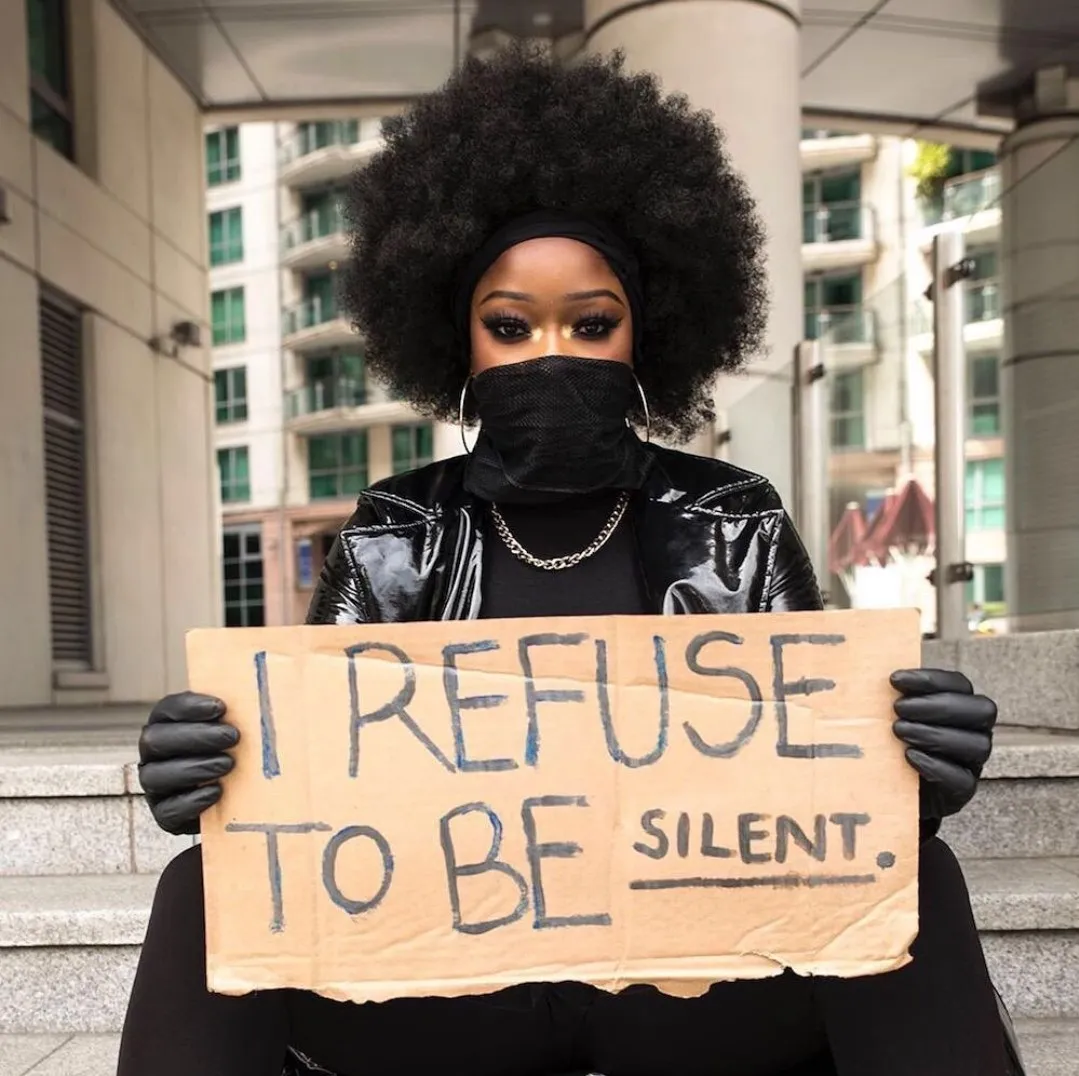Gender-Based Violence: A Big Problem in Kenya and Beyond
- Chomba Nyemba-Mubanga

- Mar 21, 2025
- 2 min read
GBV Is Getting Worse
Gender-based violence (GBV) is becoming too common in Kenya. Every day, we hear stories of women and young girls being killed, raped, or beaten. In 2023 alone, more than 100 women were murdered, mostly by people they trusted. This is a serious issue, and we cannot stay silent. In some parts of Kenya, Female Genital Mutilation (FGM) and early marriages are still happening. Girls as young as 10 years are being forced to undergo FGM, then married off to old men. This means they stop going to school and lose their dreams. Even though FGM is illegal, some communities still do it in secret. Marginalized people in Kenya also face a lot of violence. Many have been beaten, arrested, or even killed just because of their identity. Many fear reporting cases to the police because they might be harassed instead of helped.
It’s Not Just Kenya—It’s a Bigger Problem
Kenya is not alone in this crisis. South Africa has high femicide cases, with women being killed daily. Uganda and Nigeria have seen increasing violence against marginalized people. In many African countries, sexual violence is used in conflicts, leaving survivors without justice. Around the world, GBV continues to rise, with cases of femicide and online harassment growing even in developed nations.
Why Is This Happening?
Weak laws – Even though GBV is illegal, many criminals walk free because of corruption or slow justice.
Cultural beliefs – Some communities still believe in FGM and child marriage, which harm young girls.
Fear of speaking out – Many survivors don’t report cases because they fear being judged or threatened.
Poverty – Some women stay in abusive relationships because they depend on their partners financially.
No safe spaces – Survivors, especially queer people, have nowhere to run for help.
What Can We Do?
Make the law work – The government must ensure abusers are arrested and punished.
Empower survivors – Women and girls should have access to education, jobs, and support systems.
Use technology for safety – We need more GBV hotlines and emergency apps to help survivors.
Speak out and take action – We must talk about GBV, report cases, and support survivors instead of blaming them.
We Must Act Now
GBV affects us all. Marginalized people deserve to live in a safe Kenya. We must stop the killings, protect our girls from FGM and early marriage, and fight for justice for all survivors.
As an activist, I believe in creating safe spaces. This is why I plan to open a cybercafé that welcomes queer people, where they can feel free and safe while also getting opportunities to
grow.
Join the Fight!
Let’s spread awareness, demand better laws, and stand up for survivors. Share your thoughts in the comments or join community efforts to create a safer Kenya.
Written by:
Ian Otieno Okoth
Ian is a global youth Advisory Board member at SAFIGI who is dedicated to addressing issues such as gender-based violence, mental health, and HIV stigma while creating inclusive spaces for marginalized communities.







Comments